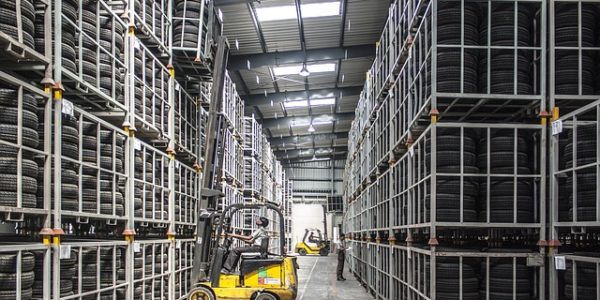Upton Sinclair famously described workers falling into rendering tanks in his 1904 novel The Jungle. A lot has changed since manufacturing was a deadly occupation, but it didn’t happen overnight. While warehouses aren’t as odious as the factories of old, there’s still a lot that needs to be done to improve warehouse jobs.
Manufacturing was a grisly and horrific line of work at the turn of the 20th century. Hours were long, conditions were hazardous, and the work was downright dangerous. Child labor was prominent and workers often clocked 60 hours or more each week without additional compensation.
Today, factories and plants are much safer. This didn’t just happen with the flip of a switch, however. Various activists, political groups, unions, and organizations have contributed over the years to ensure that manufacturing and industrial workers are treated well and fairly compensated in a safe environment. It wasn’t until 1938 that the Fair Labor Standards Act set a maximum workweek at 40 hours and established restrictions for child labor.
Like manufacturing jobs at the turn of the 20th century, warehouse jobs don’t require a college degree and they are readily available, especially during holidays. Amazon has 125,000 full-time warehouse workers. That figure doubles around the holiday season.
Ecommerce continues to edge out shopping at physical locations, which means warehouses will continue to grow. Warehouses are hiring at a faster rate than other industries; 450,000 new people will be hired to work in warehouses by the end of 2019. Modern warehouses can be dangerous work environments. Most warehouses use heavy machinery, vehicles, and conveyors. The work often requires heavy lifting or repetitive motion, and many warehouses aren’t climate controlled. Long hours, inadequate breaks, unrealistic work goals, and a lack of safety education also contribute to the dangers of warehouse work.We’re seeing fewer and fewer manufacturing jobs and an increasing number of warehouse jobs. It’s important to remember what we’ve learned from manufacturing employment and apply these lessons to warehouses.
Whether you work in manufacturing or you run a warehouse, well-maintained machinery is key. Call 479-422-0390 for servicing, maintenance, or support for Indramat systems.
